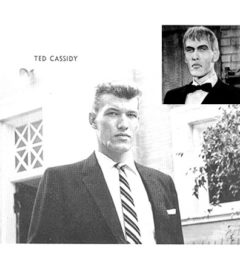From the Treasure Collection: Bert Fish and 19th Century Egyptology

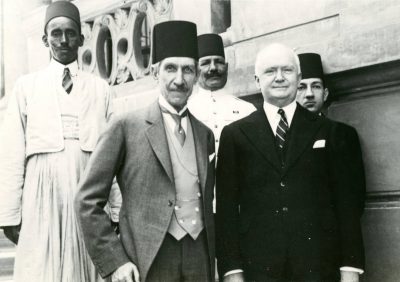
When Bert Fish received his Stetson Law degree in 1902, he could not have known that about thirty years later, the president of the United States would send him to Egypt as a diplomat.
Born in Indiana, Fish came to Florida in 1881 as the young son of a citrus farmer. Upon graduating from Stetson, he established a law practice in DeLand and rose to prominence as a county judge. Known for his personal magnetism and rhetorical talent, Fish was an ambitious man of considerable influence, and a leader of DeLand’s infamous “courthouse ring,” a Democratic political machine that dominated local politics. In 1932, Fish supported Franklin D. Roosevelt’s bid for re-election and came to the president’s attention with a campaign donation of $5,000. This was a hefty sum during the early years of the Great Depression, and it secured Fish a position as the director of Florida’s Democratic campaign.
After Roosevelt’s victory, the president appointed Bert Fish as Envoy Extraordinary and Minister Plenipotentiary to Egypt. As an ambassador, Fish aided in negotiating Egyptian independence from British colonial rule, making him a popular figure among the Egyptian people. The feeling, it seems, was mutual. Fish deemed himself “half-Egyptian” and avidly collected rare books on Egyptology, the study of ancient Egypt. His diplomatic career later brought him to Saudi Arabia, and then to Portugal, where he died of a heart attack in 1943, aged 67. In 1955, the Bert Fish Testamentary Trust donated his Egyptology collection to the duPont-Ball Library.
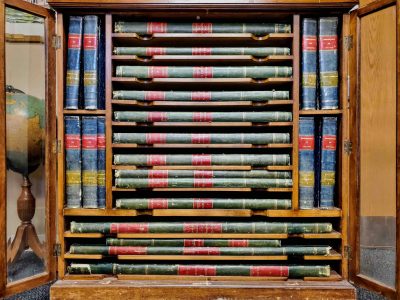
A gem among the Library’s Treasure Collection, the Egyptology collection consists of rare and exceptional books, most notably a complete first edition imprint of Napoleon Bonaparte’s Description of Egypt, a unique work with a fascinating history. Amid Napoleon’s invasion of Egypt (1798-1801), a team of more than 2,000 scientists, scholars, engravers and artists set about creating a comprehensive catalog of Egypt’s geography, history, culture, flora and fauna. The result: 23 volumes of text and plates published between 1809 and 1828. The plates, replete with beautiful engravings, are famously large. The most celebrated volumes, known as the mammutfolio, measure about 40 inches tall, and 32 inches wide. As a whole, the set is so large that owners typically built special display cases to house it. Upon publication, this highly detailed, encyclopedic work sparked a widespread fascination with Egypt among 18th century Europeans – and the beginnings of modern Egyptology.
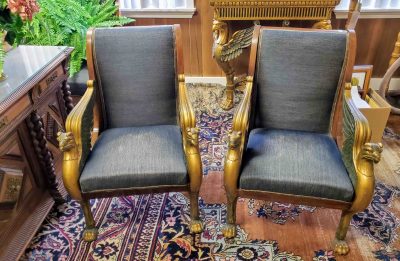
In addition to the Bert Fish collection of rare books, Stetson’s Archives & Special Collections will soon acquire furnishings from the DeLand Memorial Hospital l and Veteran’s Museum’s Bert Fish Room thanks to a gift arranged by the Bert Fish Foundation and the Museum. Among the items in this collection are the elaborately carved bureau and chairs from Bert Fish’s office in Cairo. This collection, along with the Description of Egypt, is expected to be on view at the duPont-Ball Library by next spring.
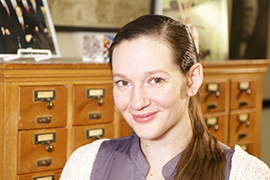
-Kelly Larson
Archivist
Archives & Special Collections
duPont-Ball Library



